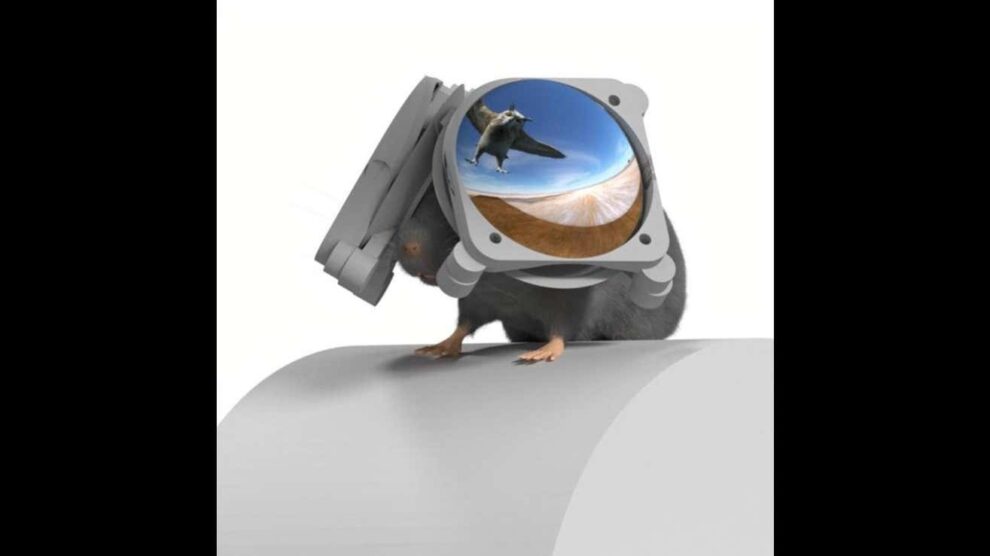Forget treadmills and mazes, the future of lab mouse research might involve virtual reality. Researchers at the University of California, Berkeley have developed miniature VR headsets specifically designed for mice, opening up a whole new world of scientific exploration.
Virtual Environments for Mice: The Possibilities
These VR goggles, weighing a mere 2 grams, allow scientists to immerse mice in simulated environments. This technology opens up several exciting avenues for research, including:
- Studying spatial navigation and memory
- Modeling neurological disorders
- Understanding fear and anxiety
- Enhancing animal well-being through stimulation
Applications Beyond the Lab
In the future, this mouse VR technology could potentially have broader applications like:
- Developing personalized medicine approaches through behavior analysis
- Creating brain-computer interfaces based on thoughts and neural signals
- Building immersive education and training environments in VR
Ethical Considerations for Mouse VR
While the applications are vast, ethical factors around animal welfare must be addressed, including:
- Humane environment design to avoid distress
- Minimizing discomfort and potential harm
- Ensuring transparency and oversight
The Future of Neuroscience with Mouse VR
This pioneering mouse VR technology signifies an exciting new frontier for understanding the brain through simulated environments, advanced brain-computer interfaces, and richer data on behavior. Realizing the full potential while ensuring ethical animal research will be key as this technology evolves.










Add Comment